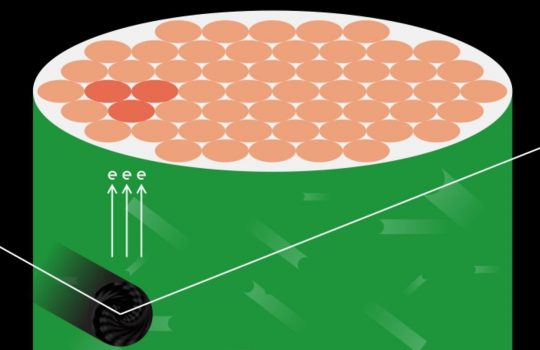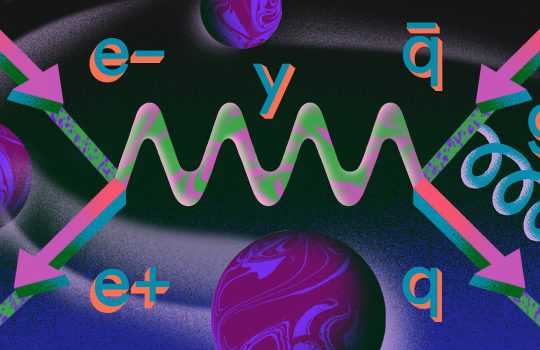Chicago Quantum Summit to foster national center collaborations, build quantum economy
- conference
- meeting
- quantum information science
- quantum science
- SQMS
- SQMS Center
- Superconducting Quantum Materials and Systems Center
- University of Chicago
From the Chicago Quantum Exchange, Oct. 29, 2020: Quantum technology experts from around the country will convene virtually from Nov. 11-13 to forge new partnerships amid an exciting year for quantum research. The third annual Chicago Quantum Summit will feature Anna Grassellino, director of the Superconducting Quantum Materials and Systems Center at Fermilab.



